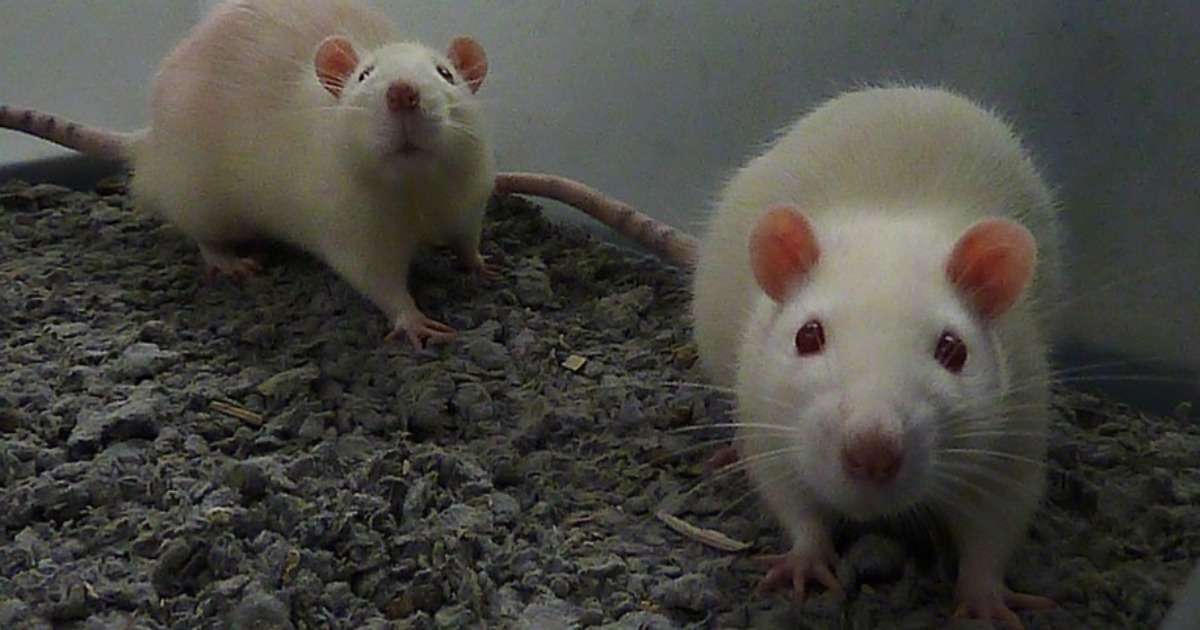
Towards automated homecage monitoring of group housed rats
Rodent social behavior is important in research on neuropsychiatric disorders, but major limitations hamper progress.
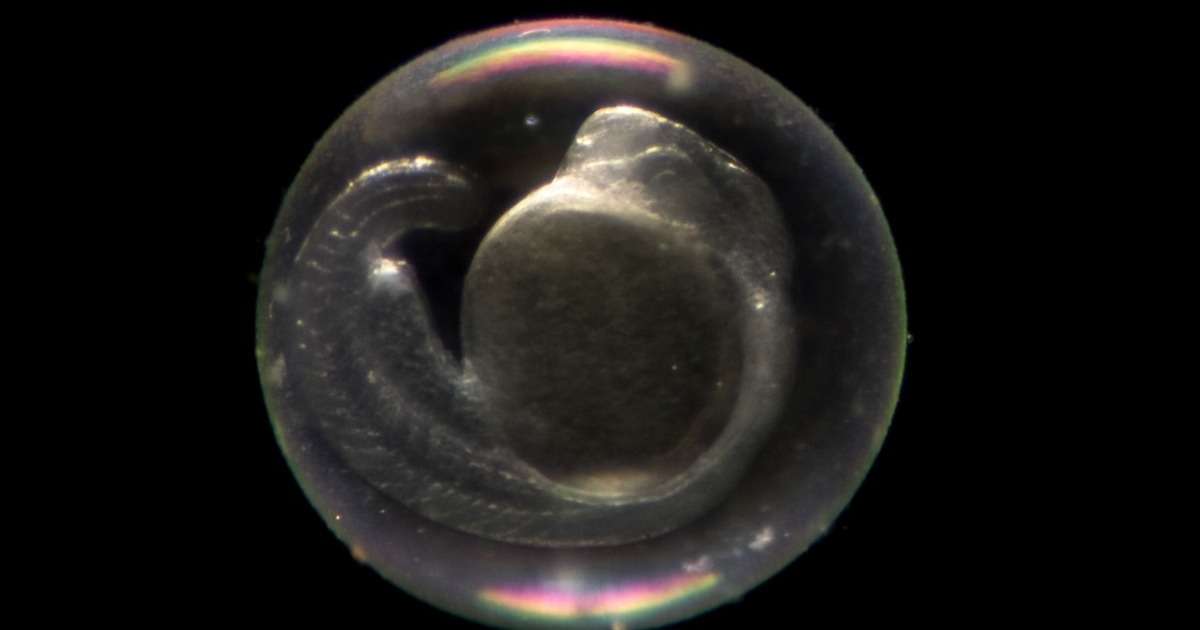
A new zebrafish model for ALS-related gene mutations
How zebrafish are helping us to discover the mechanisms behind this neurodegenerative disease.
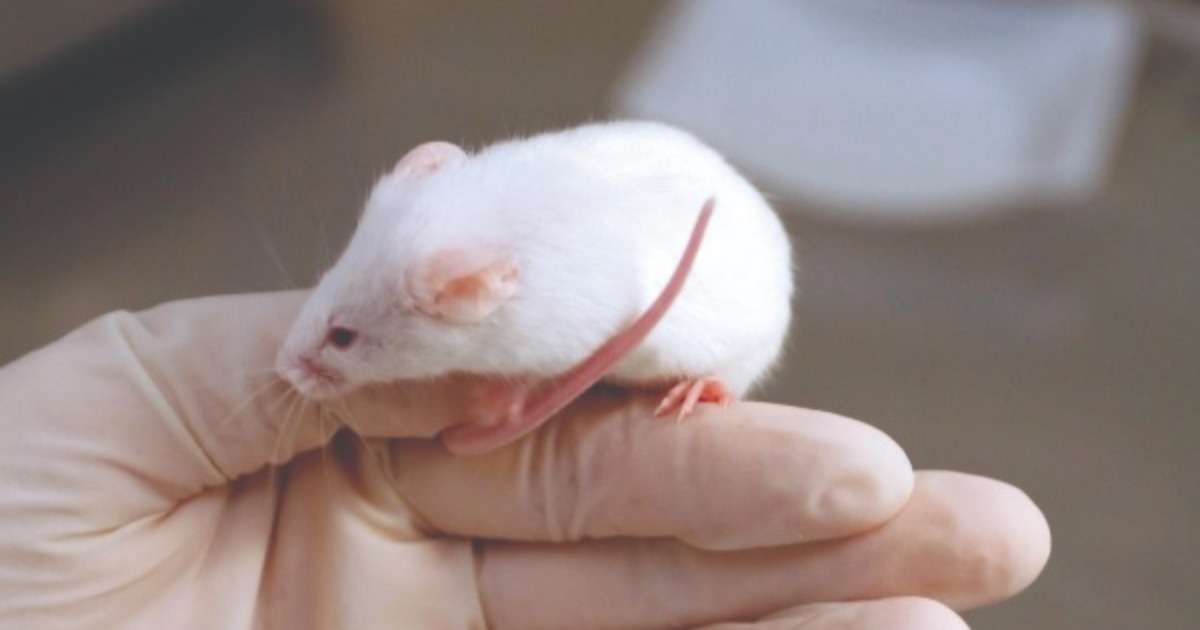
The effects of parasitic infections on learning and memory in mice
Worm infections can cause cognitive problems. But it’s unclear if it affects learning, memory, or both.
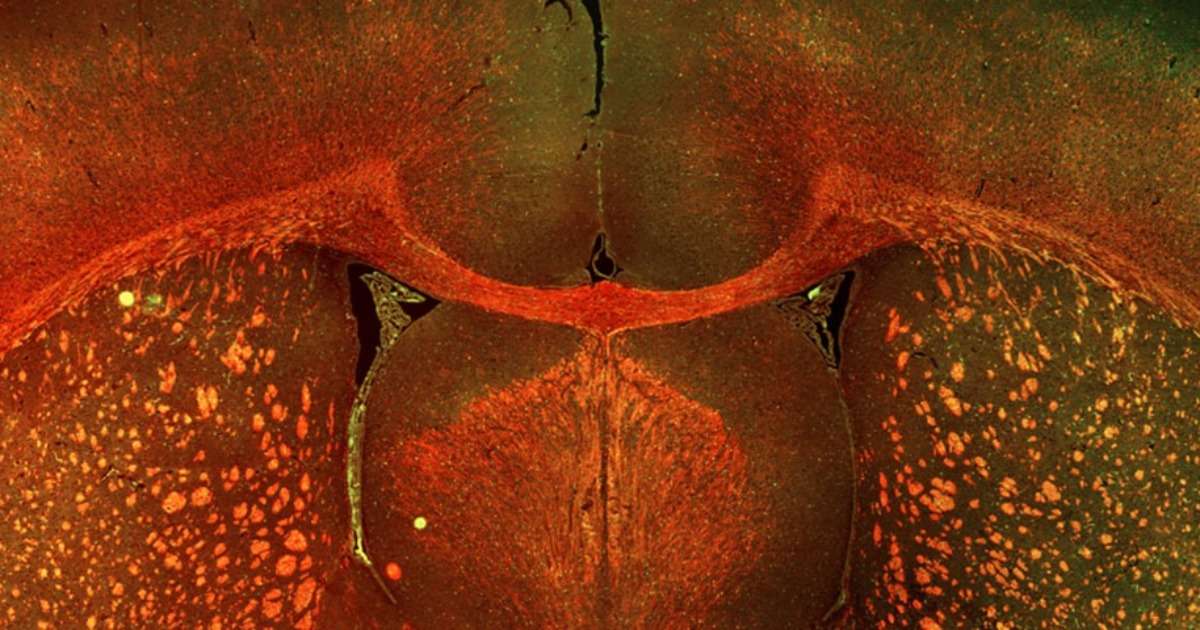
A new rat model for neonatal white matter injury
Preterm birth is a major problem in neonatal healthcare. Erik van Tilborg developed a new animal model to closely mimic this clinical situation, an important step in finding new treatment options.
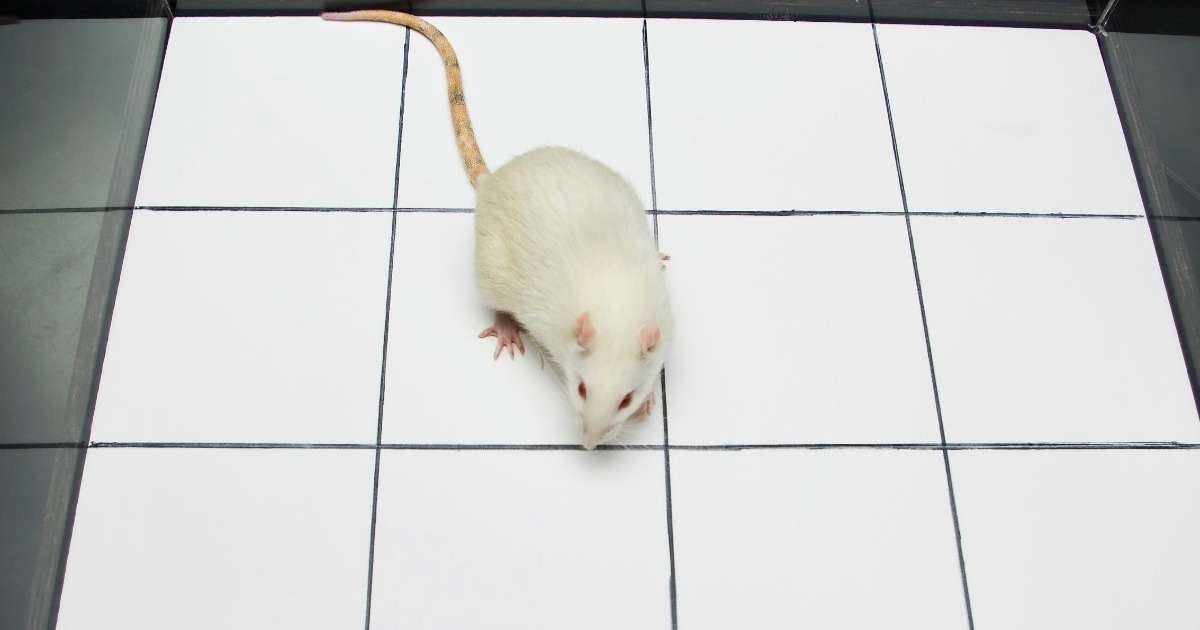
Exercise vs anabolic steroids: a rat study
A recent study shows that the use of anabolic steroids diminishes the positive effects of exercise in rats.
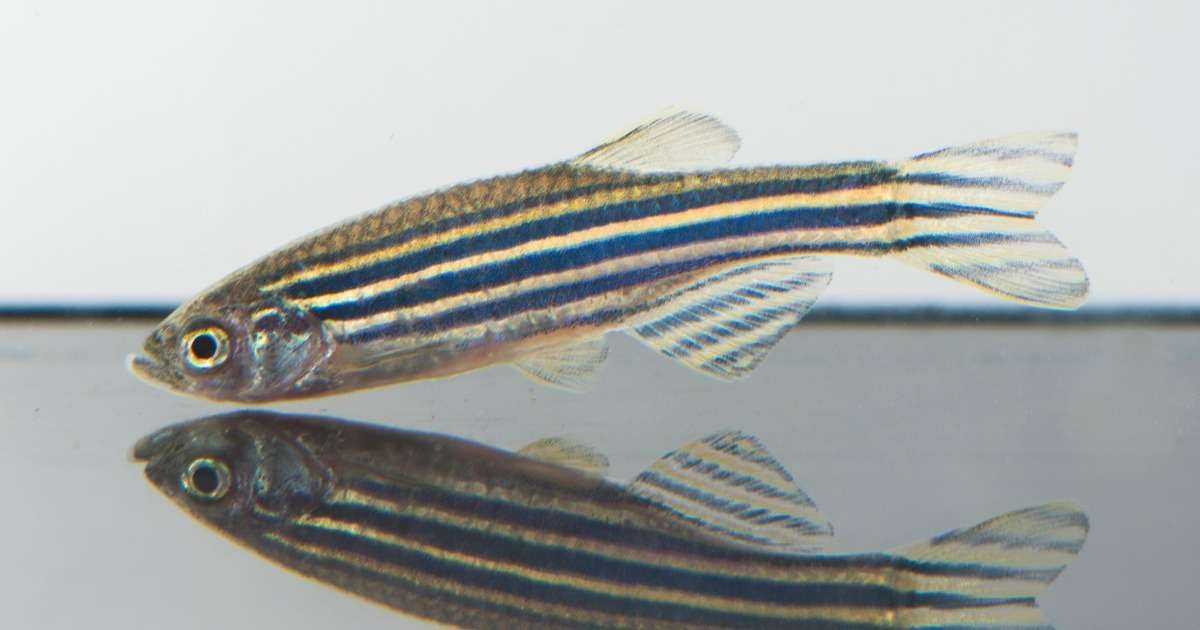
Knockout of Down syndrome gene in zebrafish leads to autistic-like behaviors
Knockout of Down syndrome gene in zebrafish leads to autistic-like behaviors: Though earlier knockout models in mice failed, researchers have developed a successful zebrafish model.
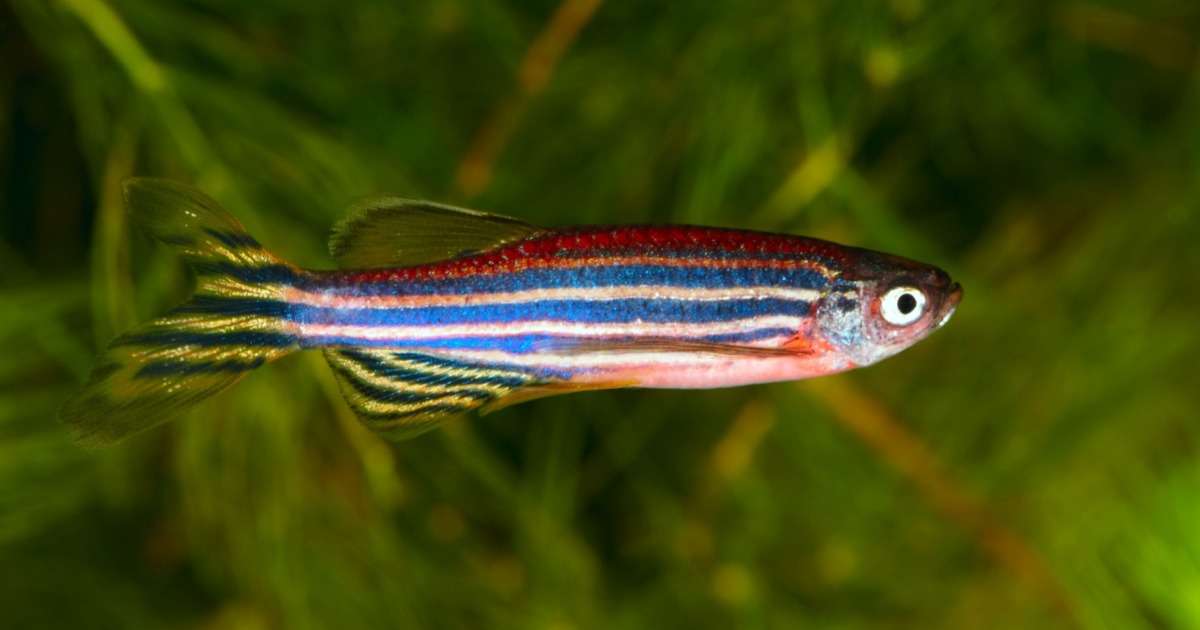
Putative neurorestorative drug for Parkinson’s disease tested in zebrafish
About zebrafish and their important role in finding a cure for Parkinson’s disease.

Strain differences in zebrafish behavior and physiology
A zebrafish is not just a zebrafish. Strain differences in zebrafish behavior and physiology.

How innovative solutions advance your behavioral research
Good behavioral research requires good methods, and good tools. Three Noldus customer stories display how innovative solutions have advanced their behavioral research.
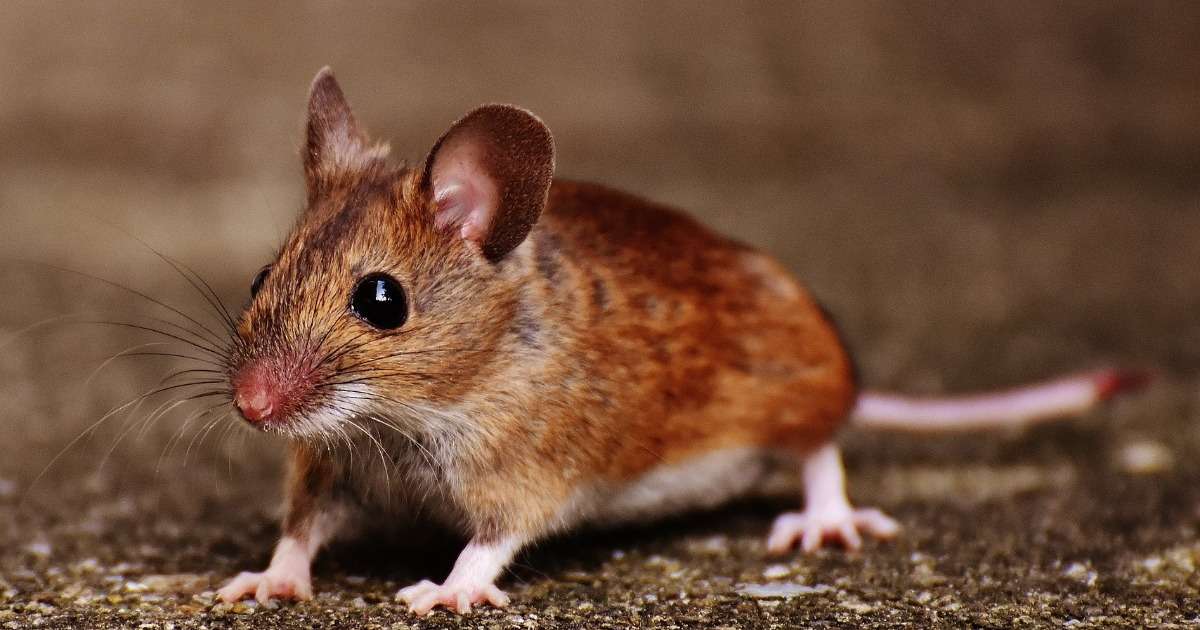
Why it doesn’t seem fair to prefer male mice in behavioral studies
Is it justified to use male mice only in behavioral studies, as many diseases affect men and women differently? This might be the most important argument to favor including female mice in certain studies.
